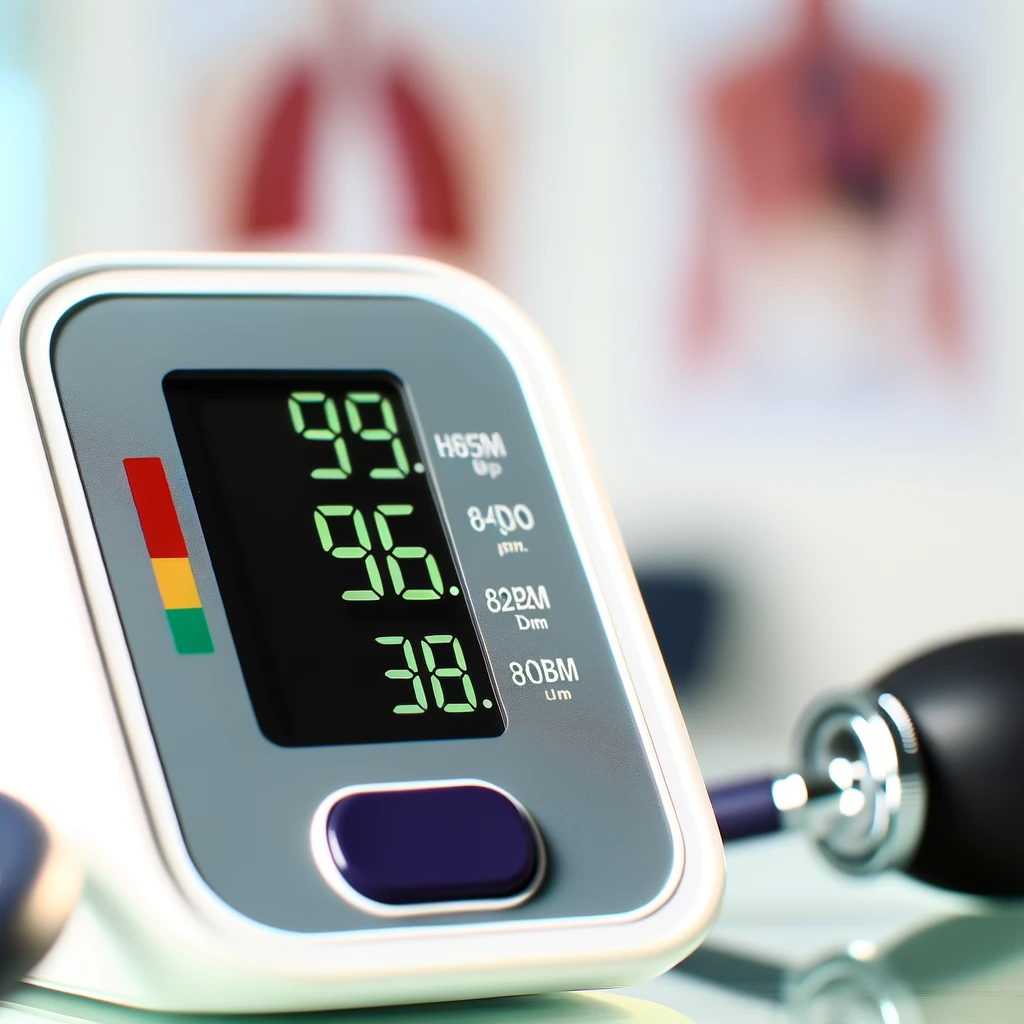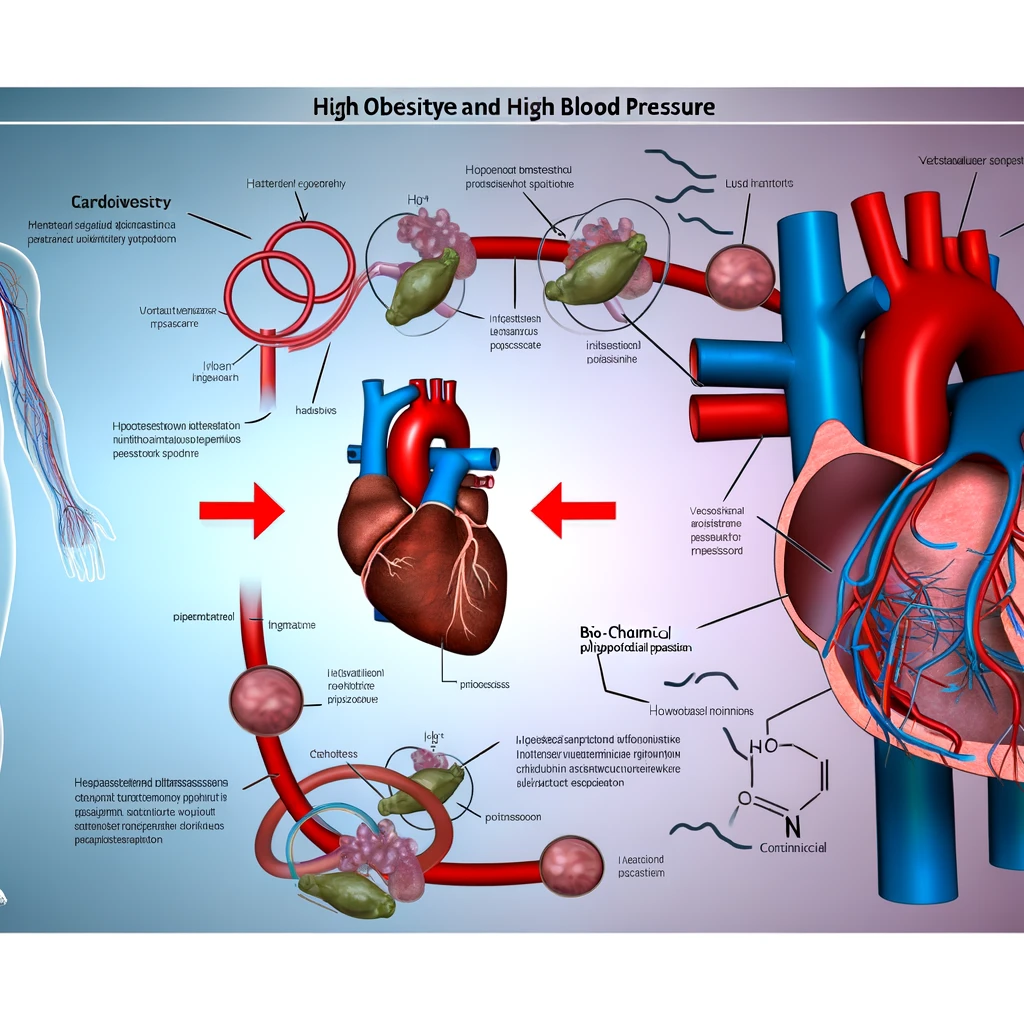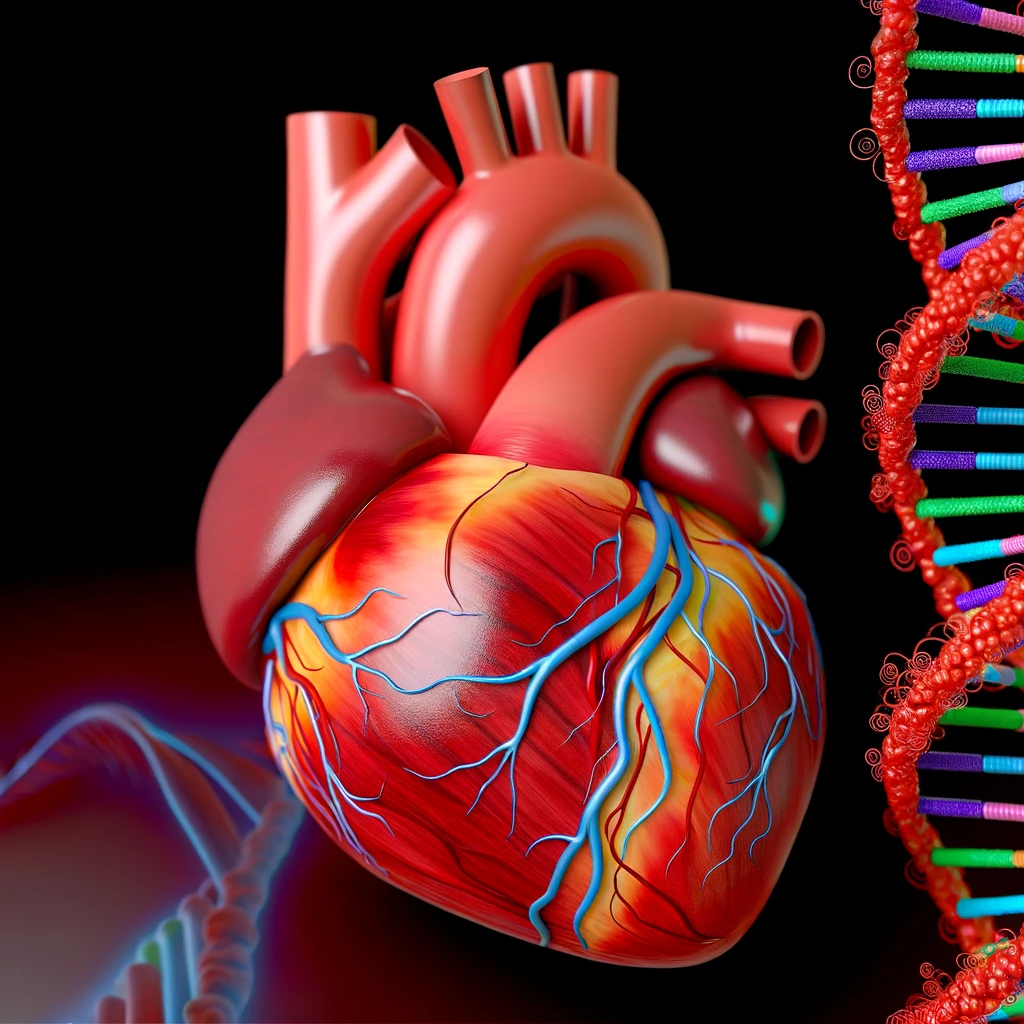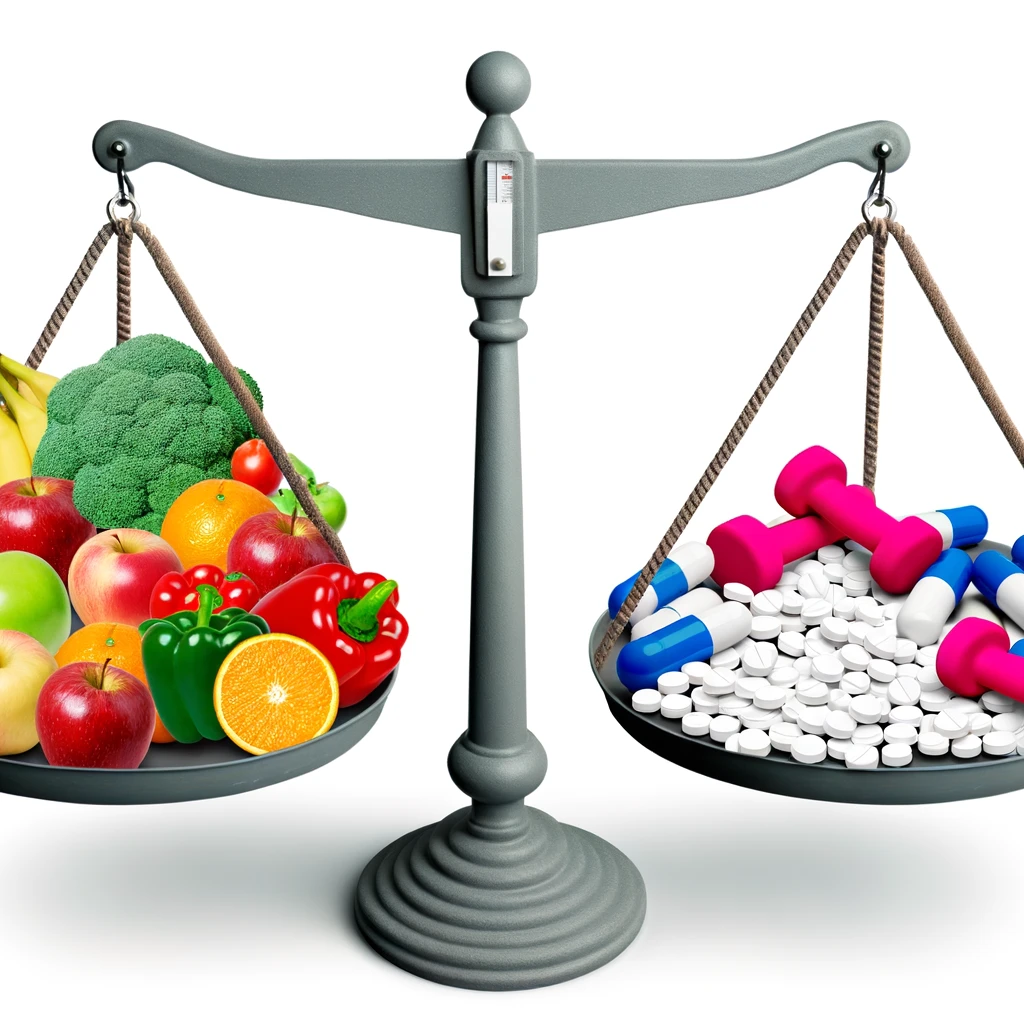Related Articles









Hypertension, commonly known as high blood pressure, is a prevalent condition that increases the risk of heart disease, stroke, and other serious health problems. Managing hypertension effectively is crucial for maintaining overall health and well-being. The debate between lifestyle modifications and medication as the primary method of managing hypertension is ongoing. This article explores both approaches to determine which is more effective.
Hypertension is defined as a condition where the force of the blood against the artery walls is consistently too high. It is often labeled as a 'silent killer' because it typically presents no symptoms until significant damage has occurred. According to the World Health Organization (WHO), hypertension affects approximately 1.13 billion people worldwide.
Uncontrolled hypertension can lead to severe complications, including heart attack, stroke, and kidney disease. It is a major risk factor for cardiovascular diseases, which are the leading cause of death globally. Therefore, effective management of blood pressure is essential to reduce the risk of these health issues.
Adopting a healthier lifestyle is often the first recommendation for individuals diagnosed with hypertension. Here are some key lifestyle modifications that can help manage high blood pressure:
A balanced diet rich in fruits, vegetables, whole grains, and lean proteins is crucial. The DASH (Dietary Approaches to Stop Hypertension) diet is specifically designed to help lower blood pressure. Reducing sodium intake is also essential, as high salt consumption is linked to elevated blood pressure.
Engaging in regular physical activity, such as brisk walking, cycling, or swimming, can significantly lower blood pressure. Exercise strengthens the heart, enabling it to pump blood with less effort.
Maintaining a healthy weight is crucial for blood pressure control. Even a small reduction in weight can have a significant impact on lowering blood pressure levels.
Excessive alcohol consumption and tobacco use are both linked to higher blood pressure. Reducing or eliminating these habits can help in managing hypertension.
In some cases, lifestyle changes alone may not be sufficient to control hypertension. Medications are often prescribed to help manage high blood pressure. Common types of antihypertensive drugs include:
These help the kidneys eliminate excess sodium and water, reducing blood volume and pressure.
These reduce the heart rate and the heart's output of blood, lowering blood pressure.
These medications help relax blood vessels by blocking the formation of a natural chemical that narrows blood vessels.
Recent studies suggest that a combination of lifestyle changes and medication is often the most effective approach to managing hypertension. However, the effectiveness of each approach can vary depending on the individual.
Pros:
Pros:
The choice between lifestyle changes and medication for managing hypertension should be tailored to the individual's health status and preferences. While lifestyle modifications can significantly improve health and potentially reduce the need for medication, some individuals may require medication to effectively manage their condition. Consulting with a healthcare provider is crucial to developing a comprehensive plan that combines both approaches for optimal blood pressure control.